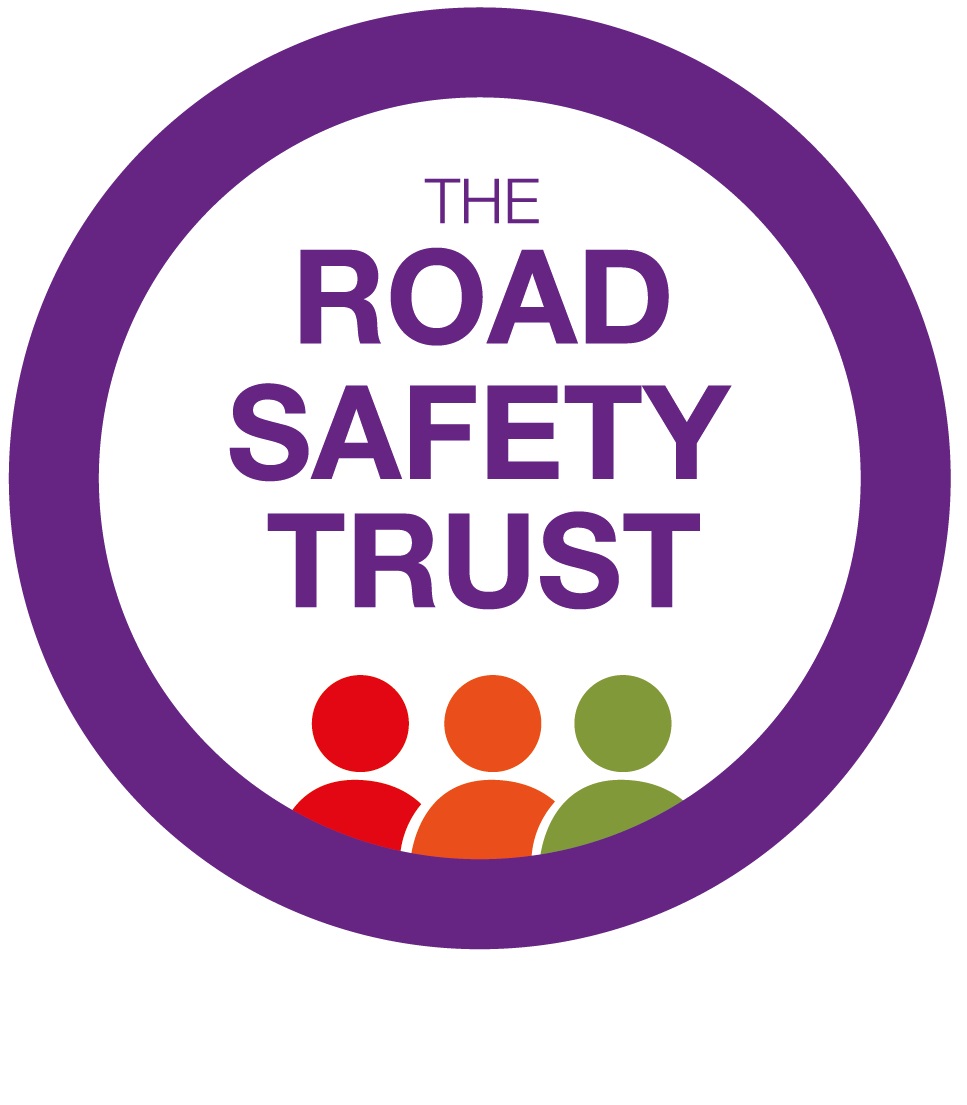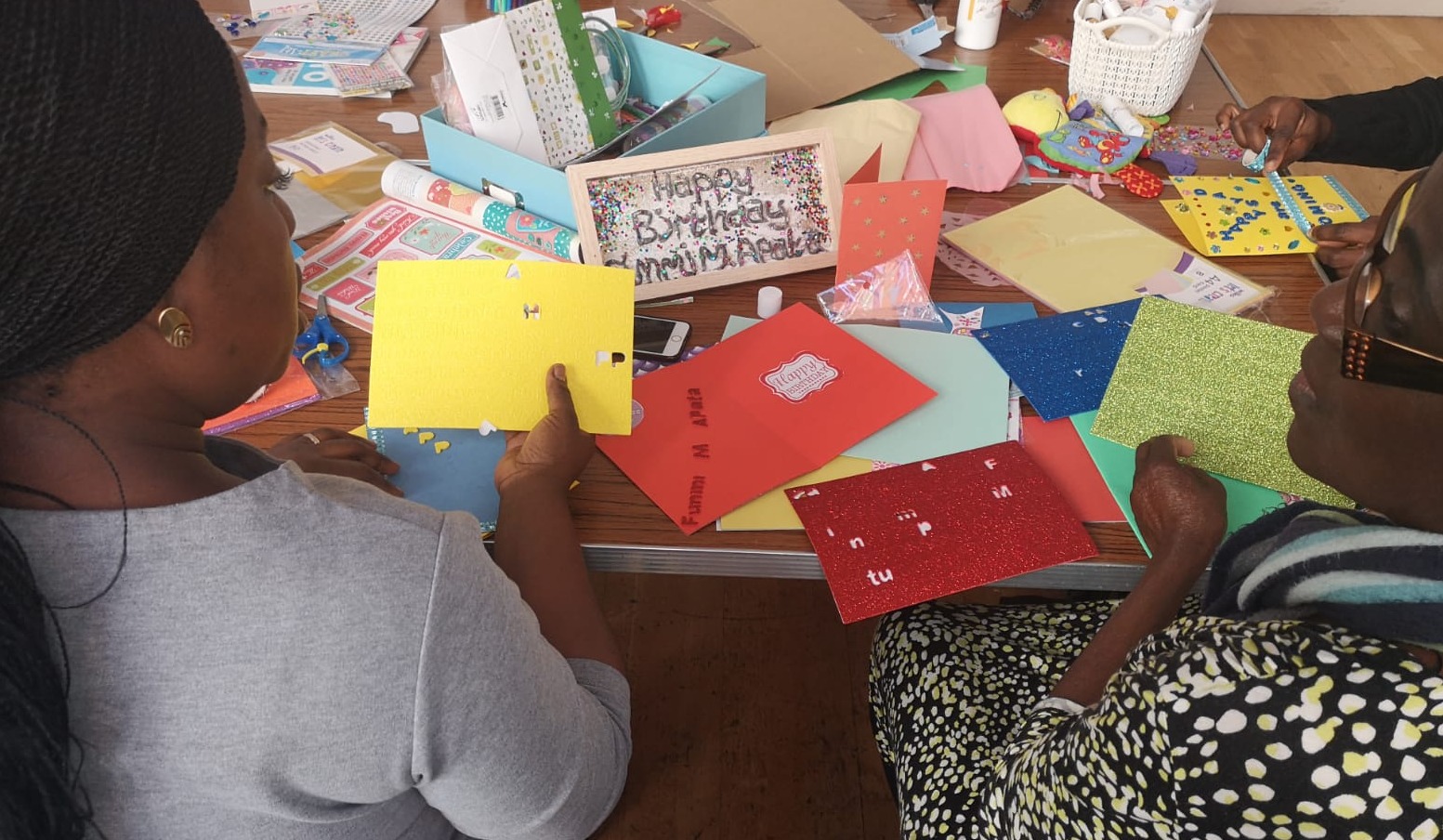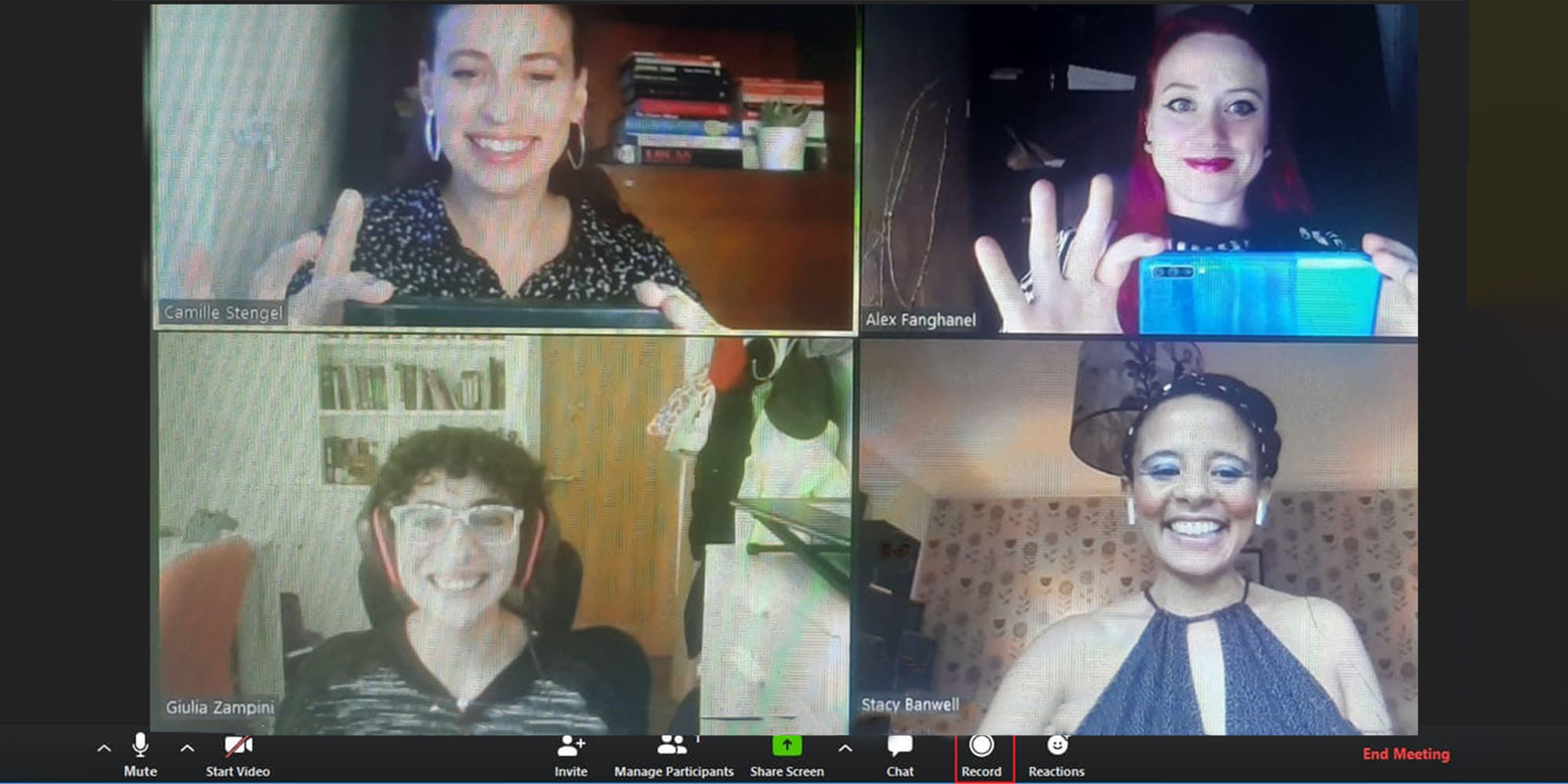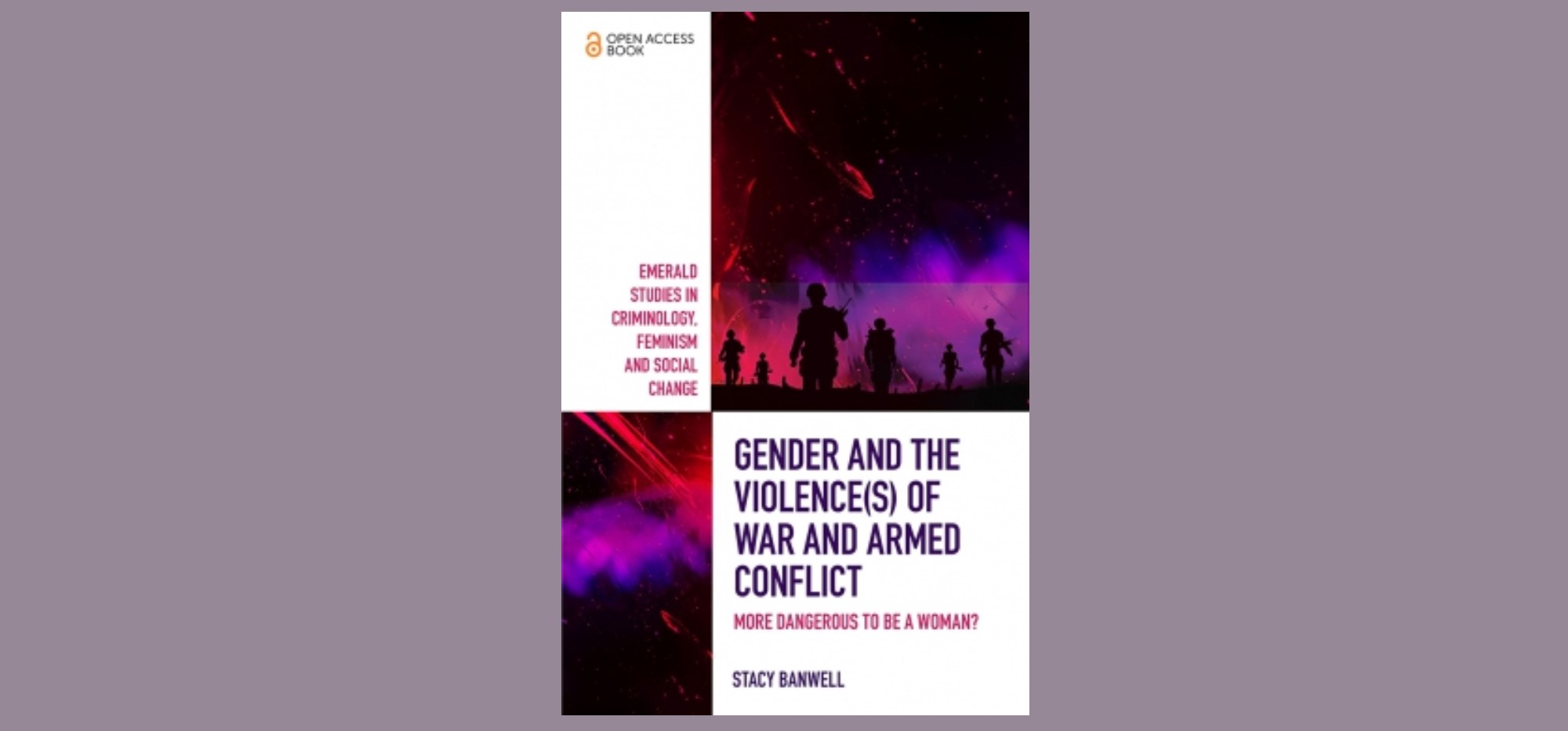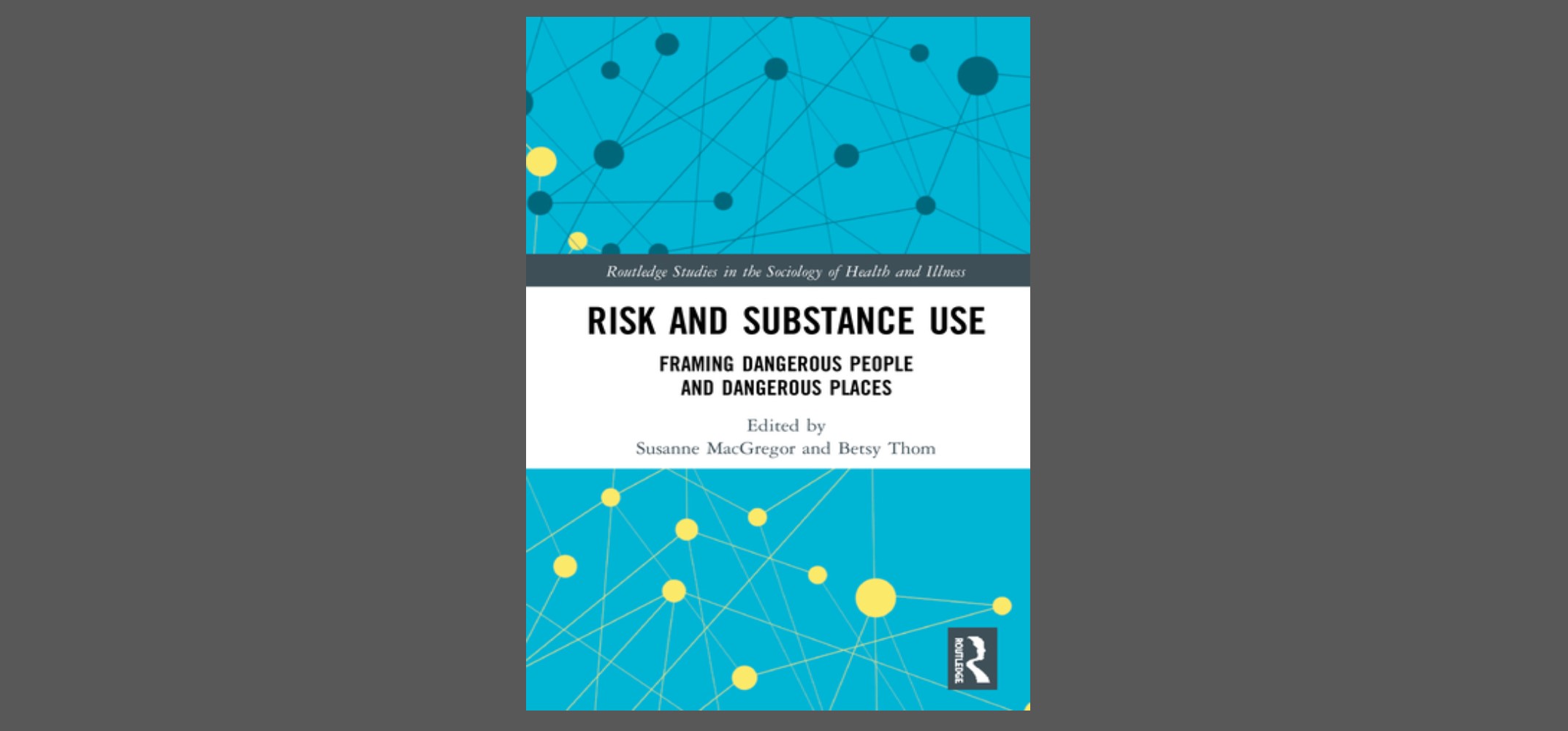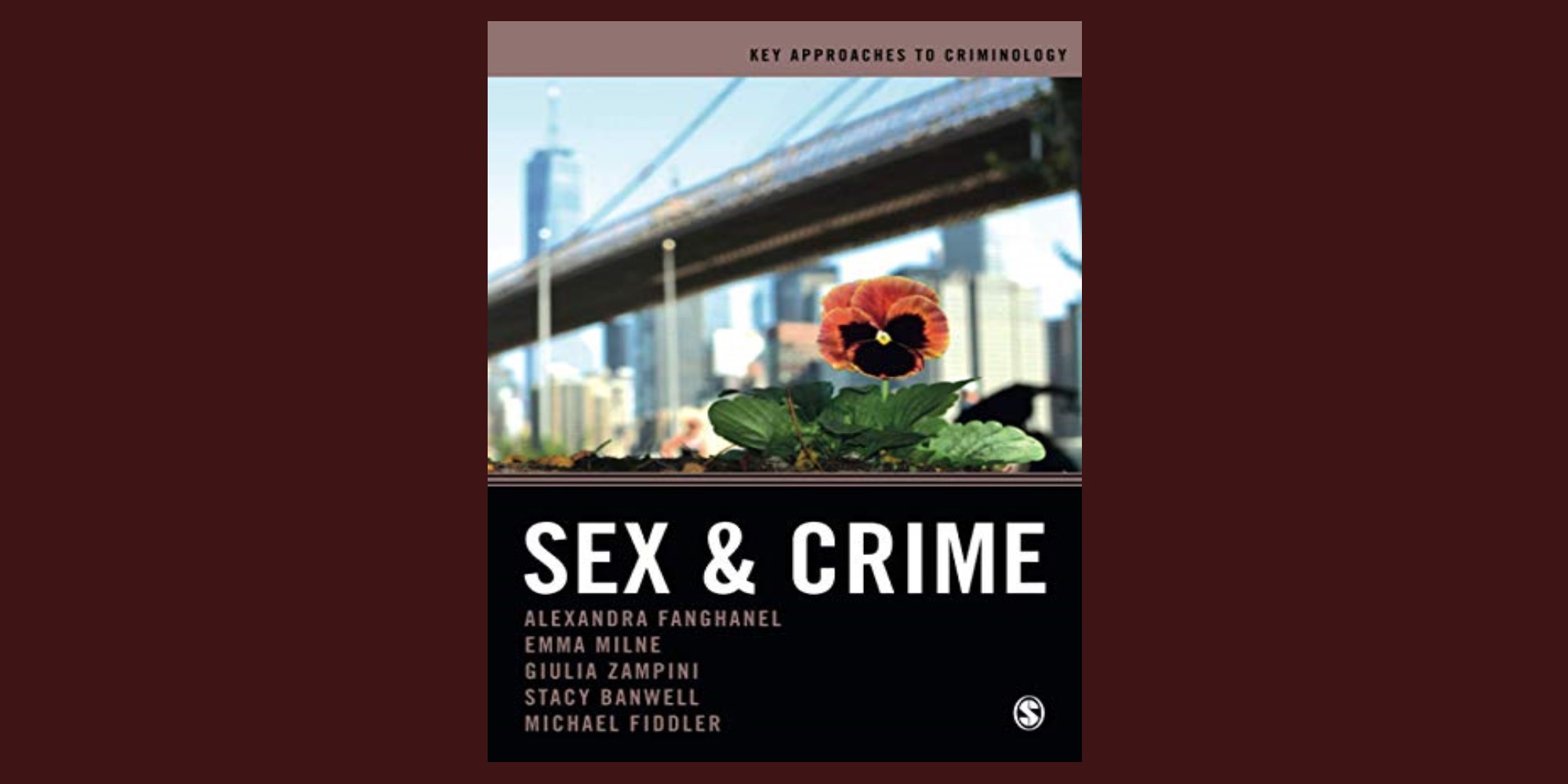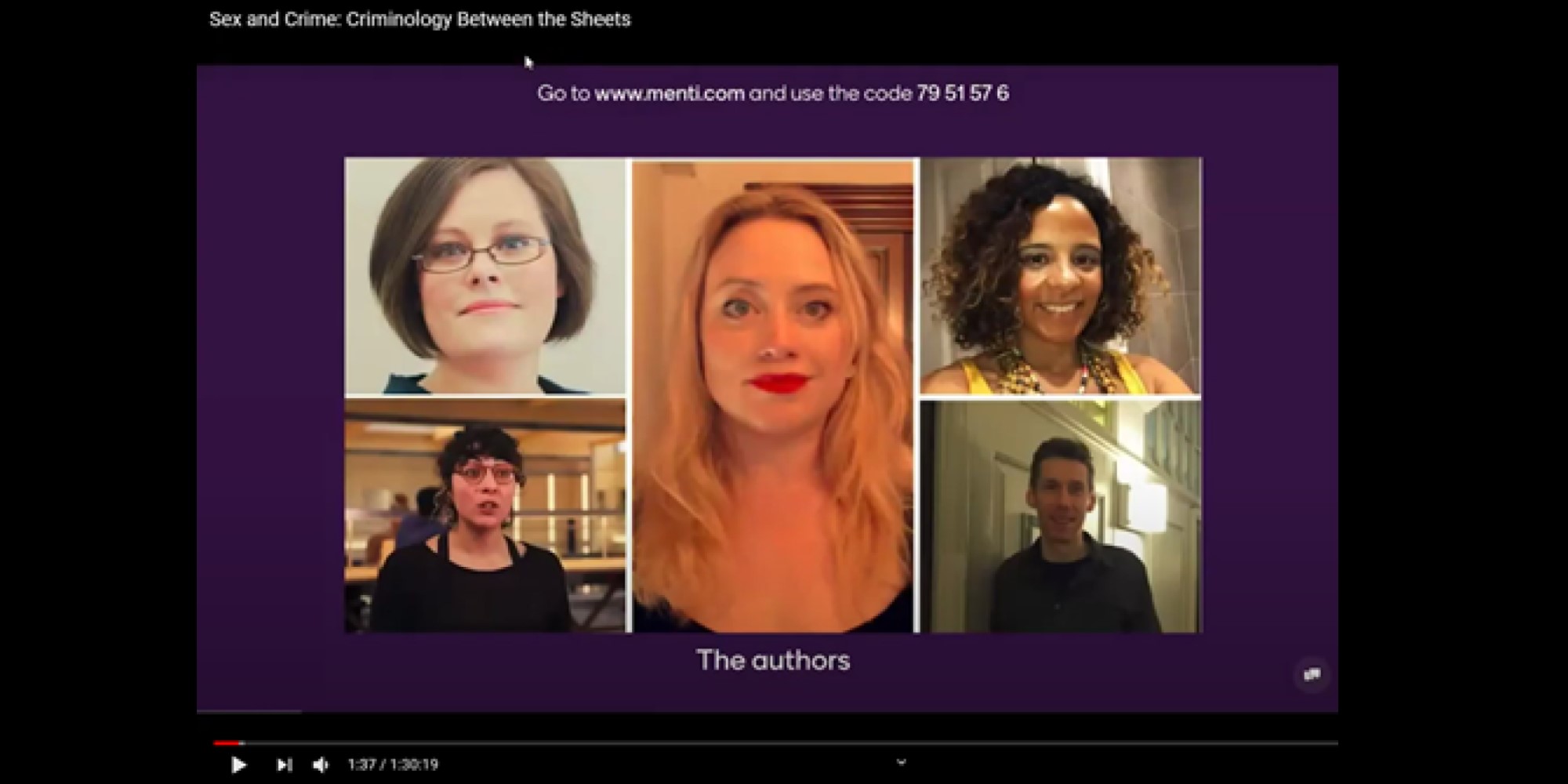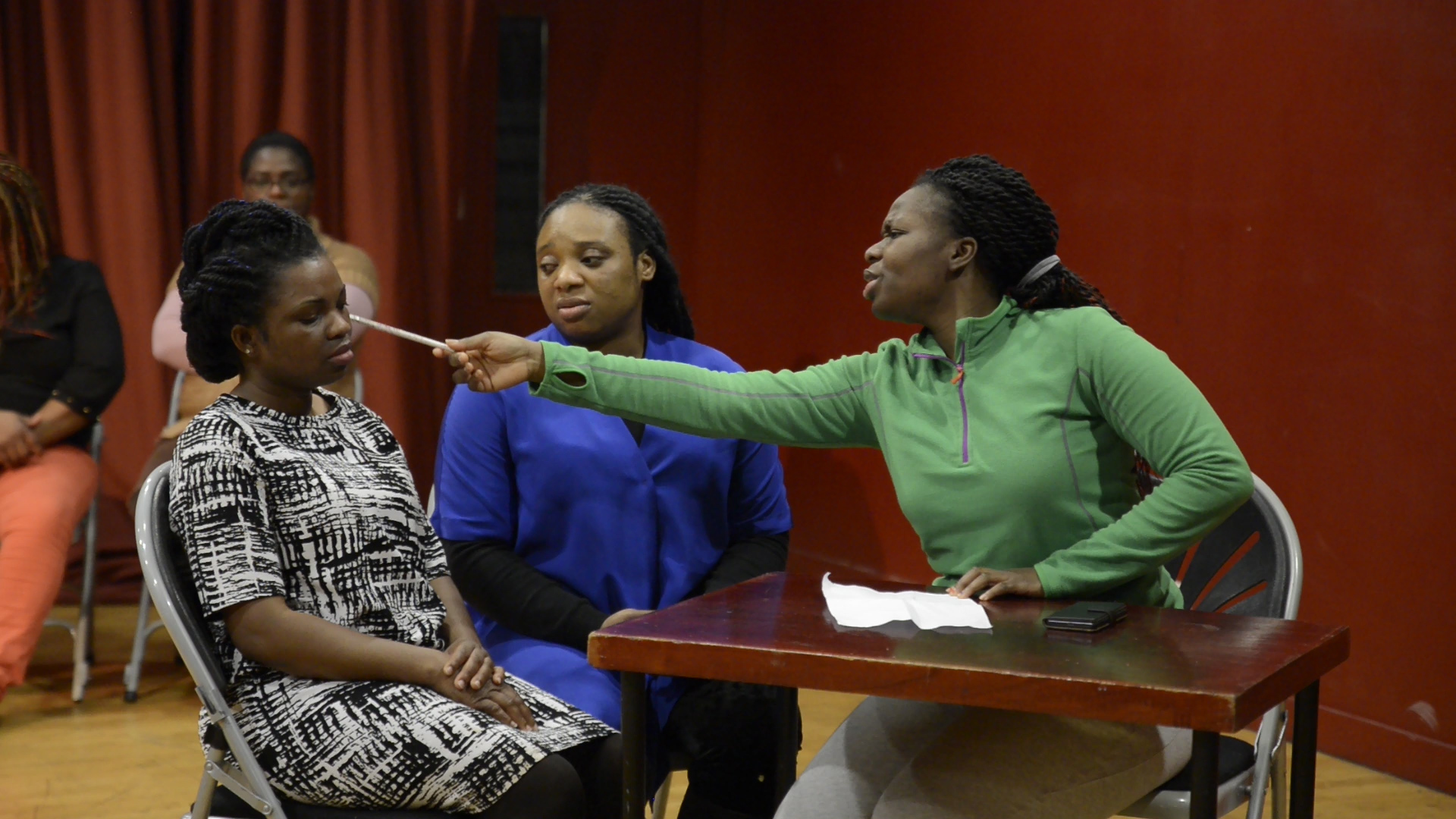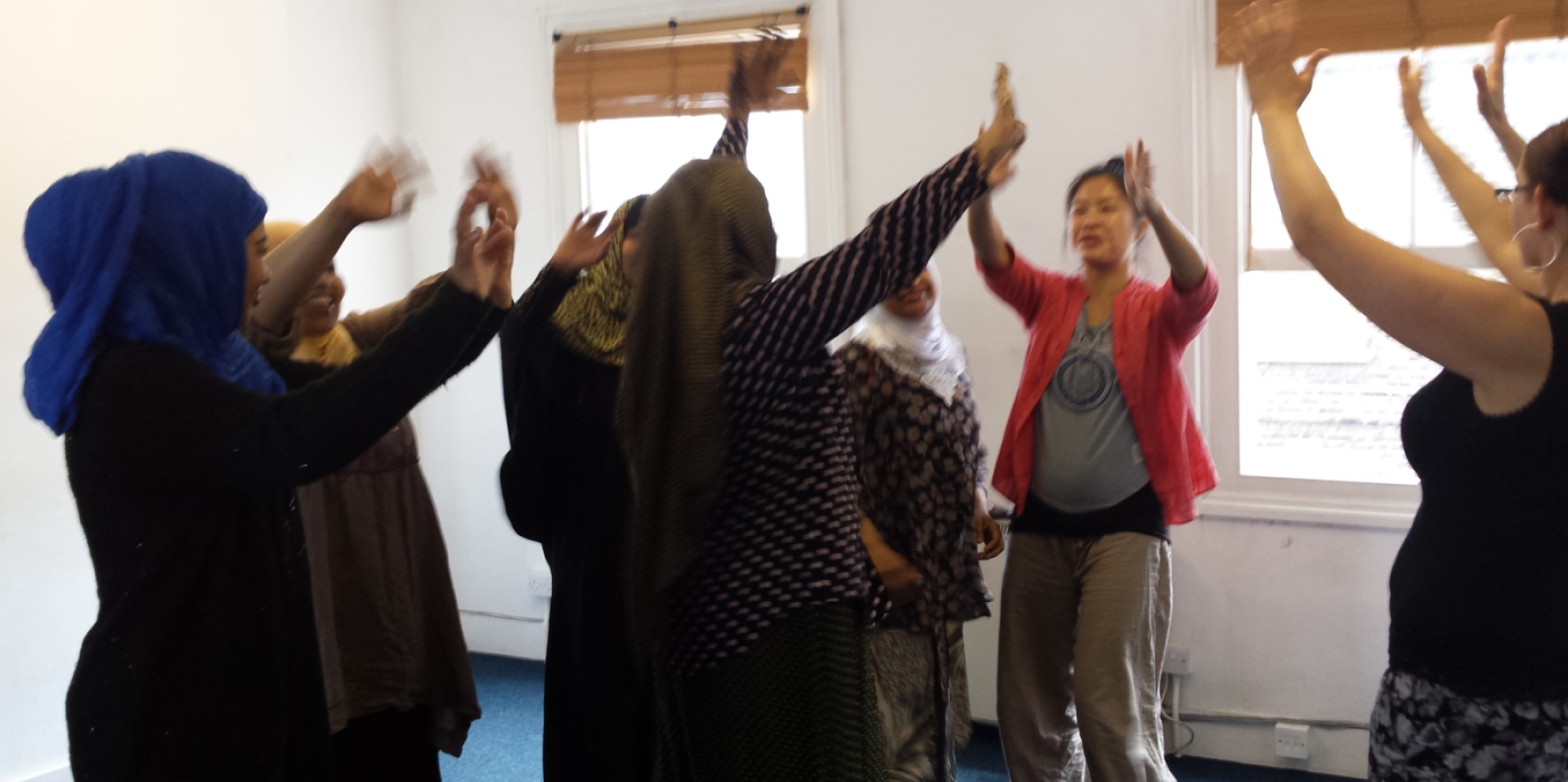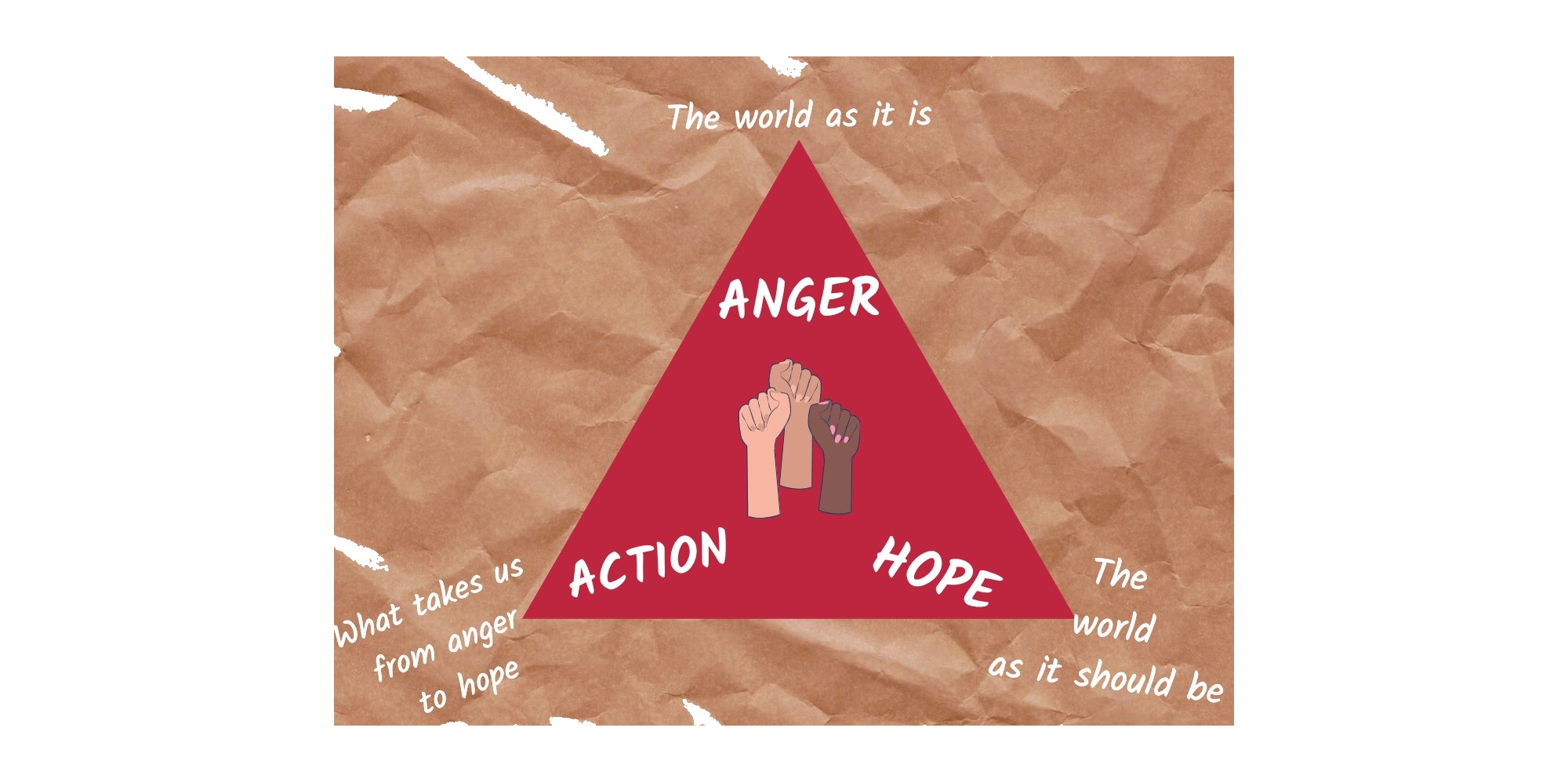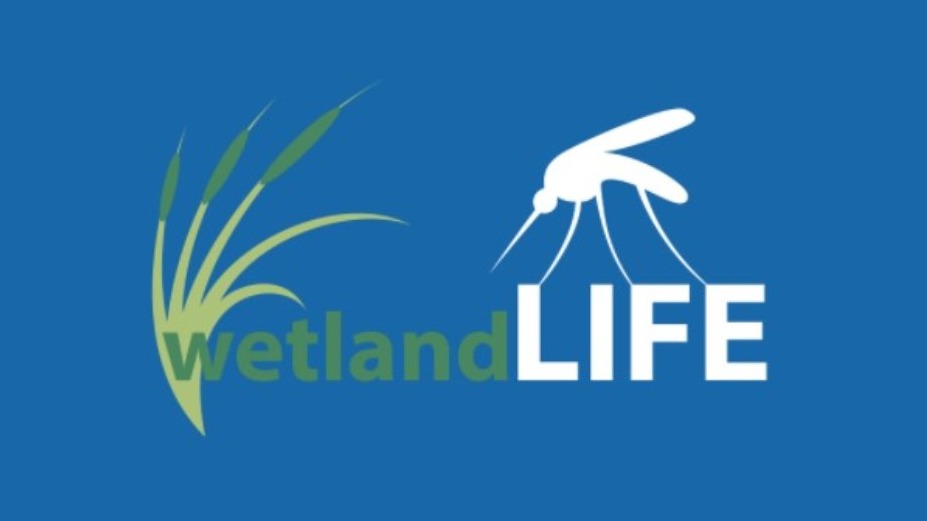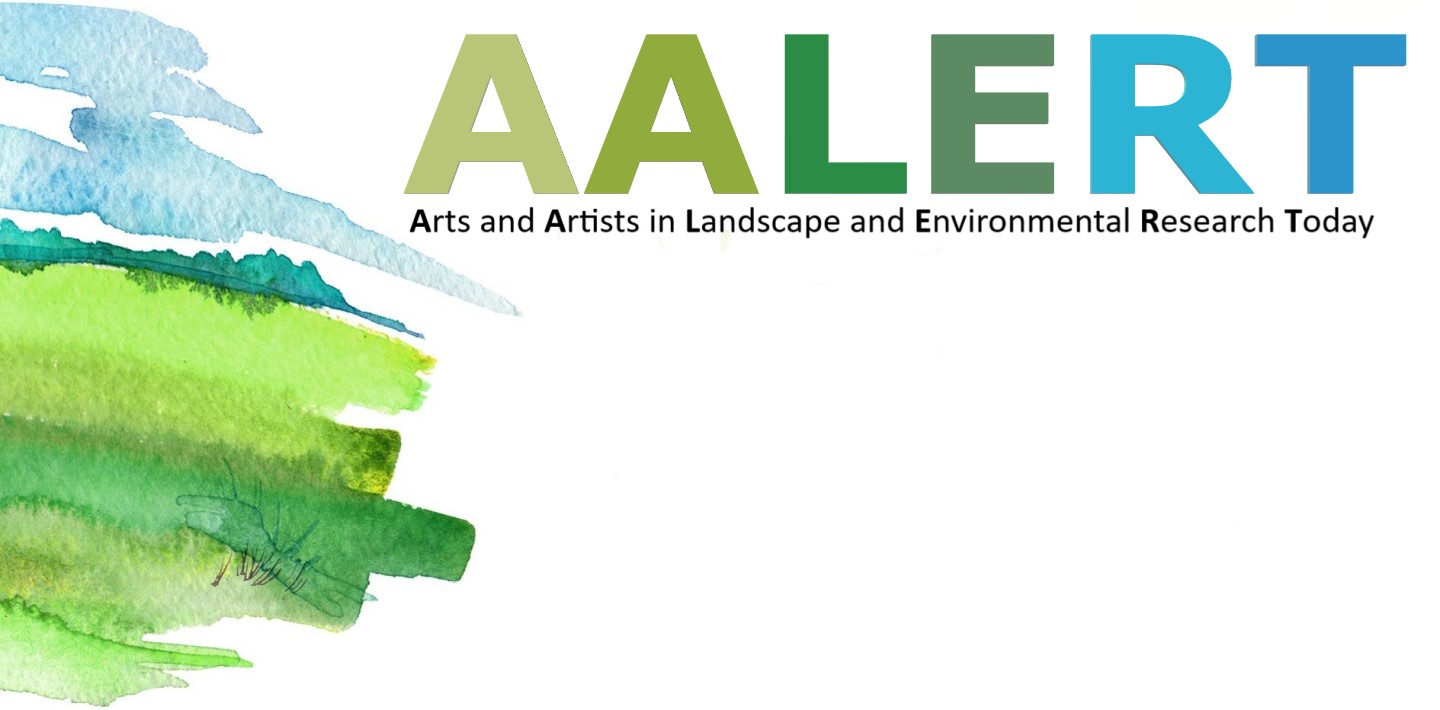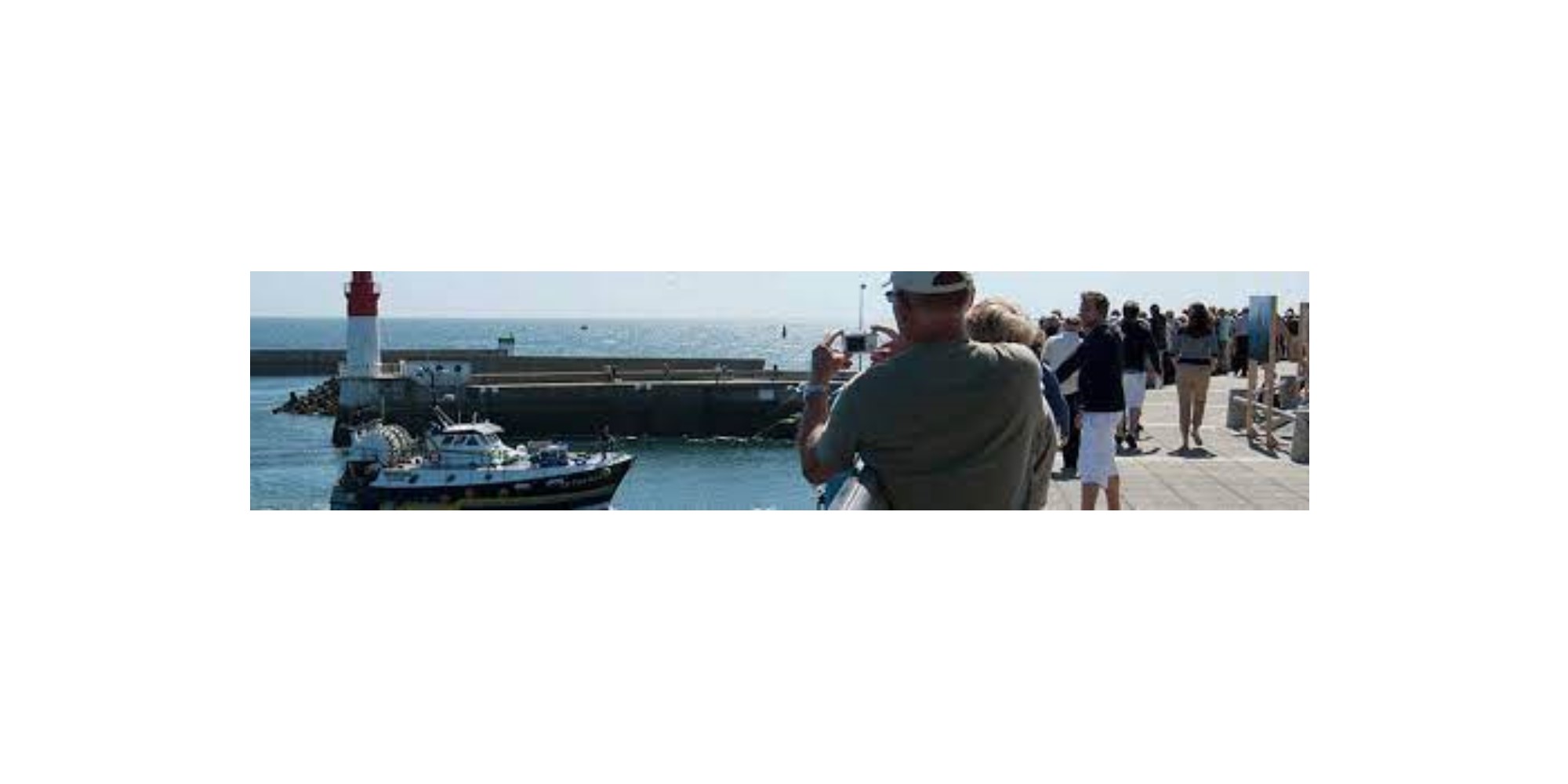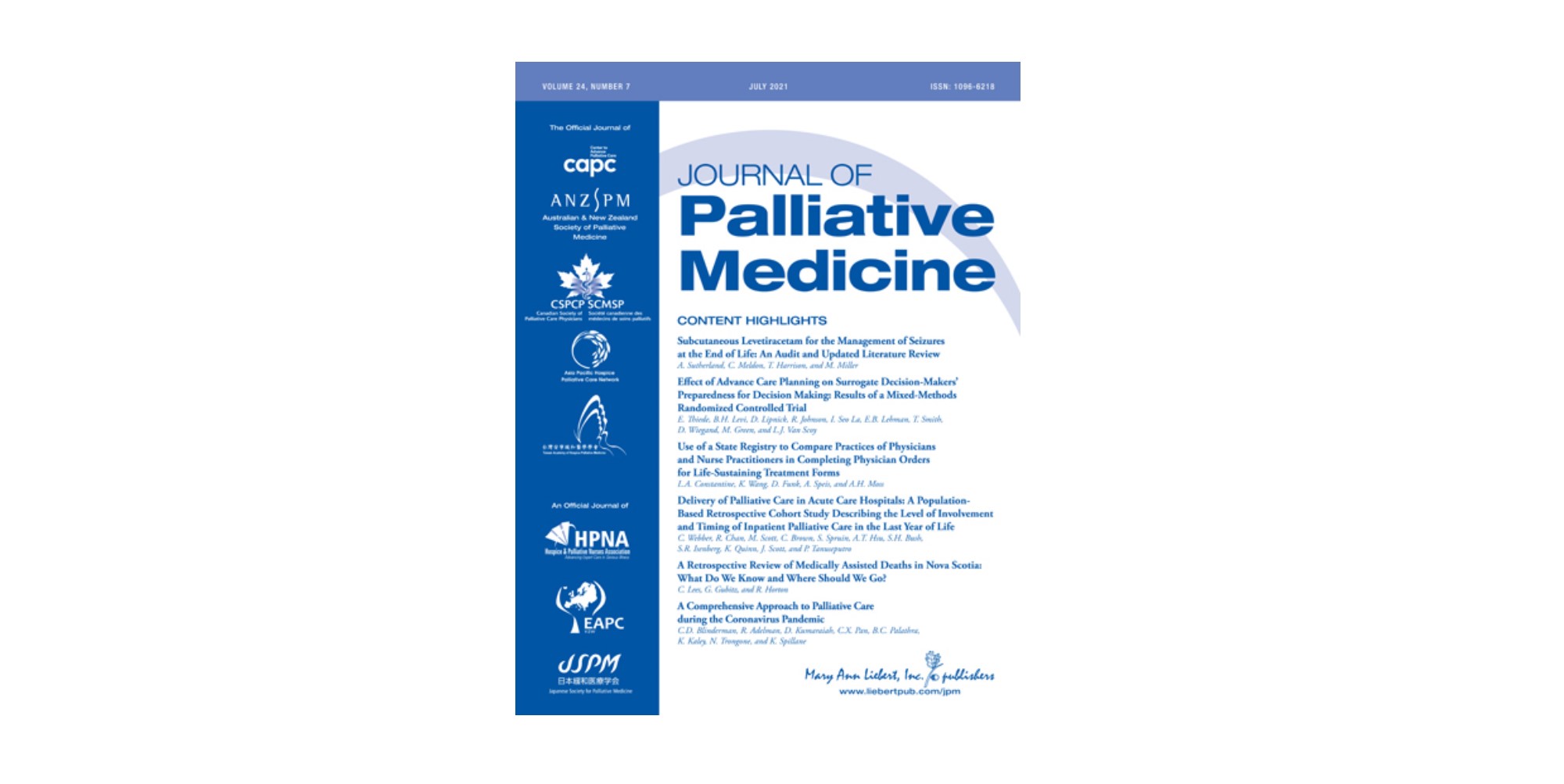Every member of the Centre for Communities and Social Justice is dedicated to delivering impactful research. Whether working on penal reform, gendered violence, educational provision within the criminal justice system or building sustainable communities, the need to effect practical, real-world change shapes all our projects from the outset. We achieve this through close collaboration with internal and external partners, co-designing and co-producing innovative research approaches. These entail a range of creative, innovative and participatory methodologies and epistemologies, including arts-based interventions, autoethnographic practices, and discourse and narrative analysis.
Our research is organised around four interlinked thematic strands:
- Communities and lived experience
- Gender, sexualities and feminist justice
- Migration and community networks
- Policy evidence and practice
Communities and lived experience
Here, we link research expertise and networks in relation to social justice through community, place and livelihoods engagement, and activist-based scholarship. We foreground lived experience on community projects, enabling marginalised voices to come to the fore. Among examples of our work in this area is our collaboration with community groups, such as Creating Ground, Lewisham Refugee and Migrant Network and Greenwich Inclusion Project, contributing to generate the necessary evidence for the Royal Borough of Greenwich to obtain accreditation as a ‘Borough of Sanctuary.’
Gender, sexualities and feminist justice
This strand focuses on gender and sexual identities, politics and intersecting inequalities, as well as specific strengths in feminist criminal justice related to violence, deviance and justice, including activism-based research. Work in this area include a participatory evaluation of Middle Eastern Women Organisation and society (MEWso’s) services, a UN Women exploratory report on the rights, status and needs of hidden LGBTQI+ communities, and participatory action research with the National Sexual Entertainment Venue Coalition. The latter project produced training and resources for sex workers, supporting communities to carry out their own research for future campaigns on social justice issues.
Migration and community network
This research informs academic debates, policymaking and community-based initiatives for sustainable and integrated migration processes, and networks, focusing on urban landscapes. We have a particular focus on undocumented children and families, asylum groups and those with no recourse to public funds. An example of research within the migration and community network strand explored participatory and arts-based methods for civic engagement in migrant support organizations. This project, funded by AHRC, was a collaboration with the Open University.
Policy evidence and practice
In the policy evidence and practice strand we work with innovative methods, co-produced with policy-makers, practitioners and lived experience service users across a range of social issues. These include criminal justice reform, housing and homelessness, health disparities, tackling mental ill-health and well-being among children, young people, families, migrant communities, and sex workers. One recent project in this area, funded by ESRC and NERC, looked at the sustainable management of marine resources in the UK, with a particular focus on diverse values and arts-based research.
Publications/Outputs
CASJ members regularly produce books, monographs and other high-impact publications. Some examples are provided below.
Books:
- Fanghanel, A. (2019). Disrupting Rape Culture: Public Space, Sexuality and Revolt. Bristol University Press.
- Fanghanel, A., Milne, E., Zampini, G. F., Banwell, S., & Fiddler, M. (2020). Sex and Crime. Sage.
- Tomlin J. & Völlm B. (2023). Diversity and Marginalisation in Forensic Mental Health Care. Routledge. London, UK
- Vacchelli, E. (2018) Embodied Research in Migration Studies: Creative and Participatory Approaches. Policy Press Banwell, S. (2020). Gender and the Violence(s) of War and Armed Conflict: More dangerous to be a woman? Emerald Publishing Limited.
- Banwell, S. (2023) The War Against Nonhuman Animals: A Non-Speciesist Understanding of Gendered Reproductive Violence, Palgrave McMillian
- Banwell et al. The Emerald Handbook on Feminist Perspectives on Women’s Acts of Violence. Bingley: Emerald Publishing Limited
- Lehtonen, A. (2023). The Sexual Logics of Neoliberalism in Britain: Sexual Politics in Exceptional Times. Taylor & Francis.
- Petrillo, M. (2023). Women, Trauma, and Journeys towards Desistance: Navigating the Labyrinth. Routledge.
Latest Journal Articles and Book Chapters:
- Acott, T.G., Willis, C., Ranger, S., Cumming, G., Richardson, P., O’Neil, R., Ford, A., 2022, Coastal transformations and connections: Revealing values through the community voice method, People and Nature, https://doi.org/10.1002/pan3.10371
- Adkins, V. ‘The Warnock report and partial ectogestation: retracing the past to step into the future’ (2023) Medical Law Review https://doi.org/10.1093/medlaw/fwad008
- Fanghanel, A (2022), ‘Not the Wild West: Femonationalism, gendered security regimes, and Brexit’, in Fileborn, B and Bows, H (eds.) (2022), Geographies of gender-based violence, Bristol University Press
- Hockham D, Campbell J, Chambers A, Franklin P, Pollard I, Reynolds T & Ruddock S(2022) Let Our Legacy Continue: beginning an archival journey a creative essay of the digital co-creation and hybrid dissemination of Windrush Oral Histories at the University of Greenwich’s Stephen Lawrence Gallery, Research in Drama Education: The Journal of Applied Theatre and Performance, 27:2, 199-215
- Kaspersson, M. (2023, in press) ‘Infanticide in Sweden: From Condemnation to (too Much?) Consideration’ in Brennan, K and Milne, E (eds) 100 Years of the Infanticide Act: Legacy, Impact and Future Directions. London. Hart, pp. 219-244.
- Mann, S. (2021) Parklife: stories and spaces in lockdown. European Journal of Homelessness, 15 (2). pp. 219-236. (doi: https://doi.org/10.51428/tsr.muia6162)
- Marziale, L and Reynolds, T (2023) Migrant Women resisting borders through participatory arts, in (ed) UK Borderscapes: Sites of enforcement and Resistance, Routledge, London.
- Pepper, M. (2021) 'Theorising the police support volunteer experience in an English constabulary: A role identity perspective'. Policing and Society, https://doi.org/10.1080/10439463.2021.1999449
- Petrillo, M. (2022). Women's desistance: A review of the literature through a gendered lens. In I. Masson and N. Booth (Eds). The Routledge Handbook of Women's Experiences of Criminal Justice. Routledge.
- Riaz, A. (2023) ‘The Covid-19 Pandemic and the Case for the Abolition of Immigration Detention’, Journal of Immigration, Asylum and Nationality Law, 37(2), 150-165
- Schreeche-Powell, E. (2023) “Review of Convict Criminology for the Future”, Journal of Criminology and Criminal Justice, SAGE.
- Tomlin J. & Tonkin, M. (2022): The EssenCES Measure of Ward Atmosphere: Mokken Scaling, Confirmatory Factor Analysis, and Investigating Patient-Level Characteristics. International Journal of Forensic Mental Health. DOI: 10.1080/14999013.2022.2134946
- Vacchelli, E. (2023) ‘Temporalities, Dependencies and the Politics of Marriage Migration’ in UK border: imaginaries, practices, experiences and resistance edited by Kahina Le Louvier and Karen Latricia Hough. London: Taylor and Francis (with Eleonore Kofman)
Recent Knowledge Exchange publications:
- Petrillo, M. and Bradley, A. (2022). Working with trauma in adult probation. Her Majesty's Inspectorate of Probation.
- Riaz, Ayesha, Grundler, Maja, Allinson Kathryn and Rydberg Agnes (2022), ‘Written Evidence of UK-Rwanda Memorandum of Understanding for the House of Lords International Agreements Committee RWA0009’, 21 September 2022, https://committees.parliament.uk/work/6766/ukrwanda-memorandum-of-understanding/publications/written-evidence/
- Riaz, Ayesha ‘Written Evidence on Human Rights of Asylum Seekers in the UK for the Joint Committee on Human Rights ASU0007’, 1 March 2023, https://committees.parliament.uk/writtenevidence/114193/pdf/
- Simpson, E. (2023) Learning from the Silence: The Status, Rights and Experience of Hidden LGBTIQ+ Communities. UN Women.
Teaching and training
All CASJ members, from junior researchers to senior academics, teach in a variety of subject areas, delivering research-informed teaching across our undergraduate and postgraduate programmes. Our members benefit from training, mentoring and career development, in areas such as grant-writing, creative and participatory methodologies, and media engagement. We also run structured writing retreats, such as a recent two-day writing workshop in Henley. Furthermore, we are in the process of establishing a professional doctorate programme to provide postgraduate training for professional practitioners, enabling them to develop research skills and gain academic qualifications, empowering them within their existing roles.
